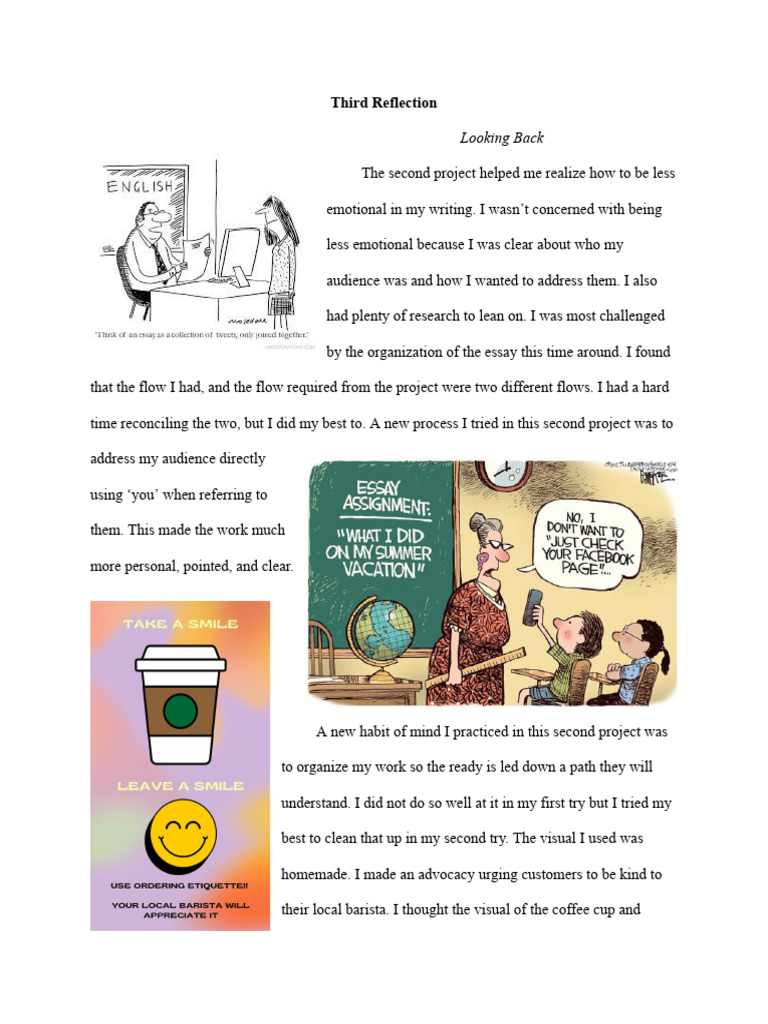In a world grappling with turmoil and discontent, the teachings of Baha’i philosophy offer profound insights into the concept of human nobility. This third reflection on what it means to be human beckons introspection, challenging conventional norms and inviting a transformative perspective. Historically, humans have been defined by their intellect and capacity for reason. However, the Baha’i Faith advances a more nuanced understanding of human dignity that transcends mere rationality.
The foundation of this exploration lies in the recognition of an inherent nobility present in every individual. Unlike transient societal constructs, this intrinsic value is unassailable, residing within the very essence of humanity. It is further posited that our nobility is not merely a bestowed characteristic but rather a cultivated attribute that requires conscious effort and spiritual development. This concept propels us into the realms of moral responsibility and ethical behavior, suggesting that our actions, rooted in this nobility, ought to elevate humanity.
To unveil the essence of human nobility, one must begin with the understanding of the soul. The Baha’i teachings elucidate that humans possess a dual nature—one that is material and another that is spiritual. This duality creates a dynamic interplay between the physical existence and the higher spiritual aspirations. It is within this framework that the concept of human nobility emerges: as beings endowed with a soul, individuals are called to transcend their material confines and seek spiritual advancement. The shift from a purely physical understanding of existence to a more holistic embrace of spiritual realities is pivotal in recognizing human potential.
Moreover, the role of education is paramount in fostering this nobility. Baha’i teachings advocate for universal education as a cornerstone for individual and societal progress. Education, in this context, is not solely the acquisition of knowledge but serves as a catalyst for the development of virtues and moral character. By cultivating an educated populace, societies can unlock the doors of potential, enabling individuals to elevate not just themselves but their communities at large. Such a paradigm shift encourages a collective movement toward enlightenment, reinforcing the significance of knowledge as an instrument of nobility.
In the discourse of human nobility, service emerges as a vital expression of this elevated state. The act of selfless service is a reflection of our interconnectedness and the recognition of humanity’s shared plight. Baha’i principles assert that genuine nobility is epitomized by the commitment to serve others, encapsulating a spirit of sacrifice that advances collective well-being. By shifting our focus from self-interest to altruism, we begin to foster a sense of belonging and unity, essential for the advancement of global harmony. In this regard, serving others is not simply an act of kindness; it is a manifestation of our dignity and an obligation to uplift our fellow beings.
The ideology of human nobility also encompasses the principle of justice, vital in the cultivation of a fair society. Baha’i teachings advocate for justice as an expression of love and morality, emphasizing that true nobility is reflected in our pursuit of justice for all individuals, regardless of their background. This imperative drives home the point that humanity must strive for equity and fairness, acknowledging that nobility requires us to stand against oppression in all its forms. By advocating for justice, we reaffirm our commitment to human dignity and foster environments conducive to the flourishing of all individuals.
Additionally, the interconnectedness of humanity can be further explored through the lens of unity. Baha’i teachings articulate that the oneness of humankind is foundational to its nobility. Embracing diversity—as a reflection of the divine bounty—fuels the essence of what it means to be human. This approach recognizes that the multiplicity of cultures, beliefs, and experiences enriches human endeavors. An appreciation for unity encourages collaboration and mutual respect, serving as a pathway to transcend sectarian divides and in turn, reflect our nobility through actions rooted in compassion and understanding.
As we contemplate human nobility, it is imperative to acknowledge the role of personal transformation. The journey toward realizing one’s nobility demands introspection and a commitment to personal growth. It is through the cultivation of virtues such as compassion, humility, and integrity that individuals can actualize their potential. A reflective practice invites individuals to recognize their shortcomings and strive toward excellence in thought and deed. Thus, the trajectory of personal development becomes an essential aspect of manifesting nobility, as it necessitates an alignment of one’s actions with their spiritual principles.
In conclusion, the Baha’i perspective on human nobility invites an evolution of thought around the essence of being human. By redefining our understanding of nobility as an intrinsic quality that necessitates cultivation through education, service, justice, unity, and personal transformation, we lay the groundwork for a more harmonious society. This shift in perspective not only piques curiosity but also evokes a sense of responsibility. As individuals endowed with the capacity for moral agency, we are called to embody our nobility and propagate its essence within our communities. To embrace this journey is to commit to an ongoing path of enlightenment and service, ultimately guiding humanity toward its higher purpose.
